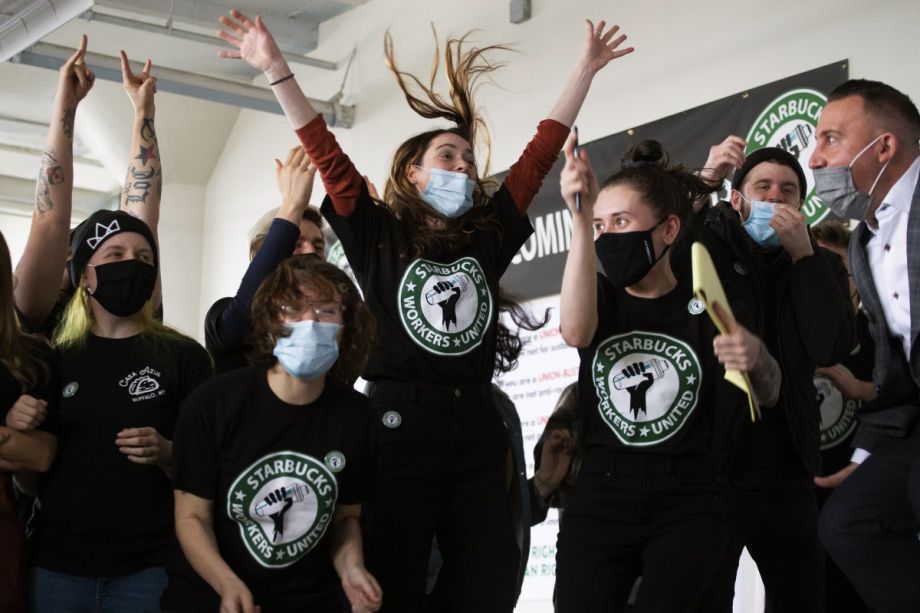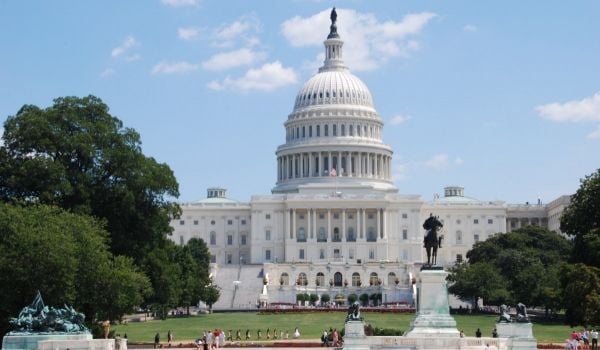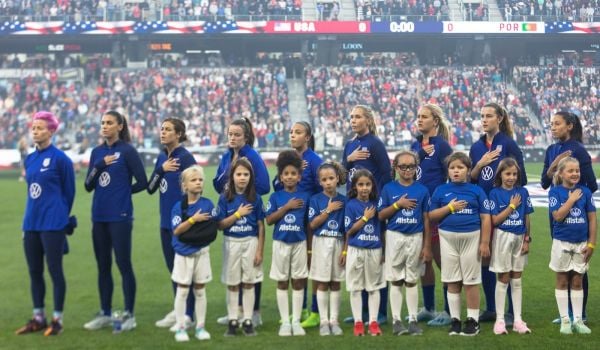Six Starbucks Stores File for a Union Election Following Buffalo Win
Starbucks workers across the nation are filing for union elections a week after employees at one store in Buffalo, NY, voted to form the first Starbucks union, CNBC reports.
So far, two Boston locations, a cafe in Mesa, Arizona, and three more Buffalo-area stores have filed for elections. This push for worker rights is likely to be contested by the coffee chain, as Starbucks sent executives to the Buffalo store to intimidate baristas who sought unionization, CNBC adds. The corporation denies such claims, but workers filed a federal labor charge in November, citing intimidation and surveillance.
Regardless, the success of the Buffalo union is monumental, as only 1.2% of workers at food and beverage outlets were members of unions in 2020, according to the Bureau of Labor Statistics. And the possibility of more unions in the Buffalo area is still up in the air.
A separate Buffalo cafe on Camp Road allegedly voted against unionization, though a branch of the Service Employees International Union claims several ballots were missing. And ballots still need to be certified by the National Labor Relations Board (NLRB), which CNBC says could take up to a week. The NLRB has also not yet released a vote tally for the third cafe on Genesee Street.
In an interview with CNBC, Michelle Eisen, a Starbucks barista who works at the Elmwood location that voted to unionize, emphasized the importance of this election. “With a union, we now have the ability to negotiate a contract that holds Starbucks accountable to be the company we know it can be, and gives us a real voice in our workplace.”
NYC Companies Withstanding the Supply Chain Crisis By Buying Local
Companies in New York City that have shifted to source their supplies locally have been thriving during the pandemic, the New York Times reports.
Nanotronics, a science technology company in the Brooklyn Navy Yard, saw this firsthand as pandemic shortages led them to purchase items like sheet metal from a nearby business in the Yard complex. Shifting to a reliance on local production has allowed the company to increase its customer base as competing corporations that rely on supplies abroad struggle to provide products.
Local businesses in the Yard are booming, as this hub has leased an additional 300,000 square feet to other retailers. And Made in NYC, an initiative that supports local manufacturers, says that more than 170 new members have joined their group as business owners seek to produce their items in the city rather than abroad.
That is not to say local production does not bear other costs. “Other manufacturers make their products overseas, and that is because it’s very expensive to build things in Brooklyn,” said Laura Fodera, a co-owner and the chief executive of a guitar manufacturer in Industry City.
Increased costs decrease profit margins, though Fodera does not seem to mind. “Our customers know we are different. We use the highest quality products, exotic woods, proprietary goods, and all of our labor is done in house in Brooklyn.”
Study Reaffirms that Sports Stadiums Do Little to Boost the Local Economy
As Buffalo debates whether to build a new football stadium for the Bills, the Investigative Post, an investigative outlet in West New York, cites research showing that sports venues have a limited impact on local economies as they simply redirect how leisure money is spent.
A new sports stadium for the Buffalo Bills, for instance, would boost the Western New York economy as much as a single Target store because they are only open for a few games a year.
Michael Leeds, a sports economist at Temple University, brought the economic impact of stadiums into question when he studied the impact of sports stadiums in Chicago. “They’re really not that big a business but, because they are so much a part of the sort of cultural fabric of a city, we don’t realize just how small potatoes they are.”
Economists generally agree that sports venues will not generate the revenue needed to offset the public subsidies that paid for its construction. Though the construction of a new stadium will bring employment opportunities to the community, long-term jobs created by local stadiums are not guaranteed to go to community residents, and shifts are not frequent enough to create substantial impact on people’s lives.
“Our perception of sports occupies far more attention and time than the pure finances of the sport would merit,” Leeds said.
This article is part of The Bottom Line, a series exploring scalable solutions for problems related to affordability, inclusive economic growth and access to capital. Click here to subscribe to our Bottom Line newsletter.

Solcyre (Sol) Burga was an Emma Bowen Foundation Fellow with Next City for summer 2021. Burga graduated from Rutgers University with a degree in political science and journalism in May of 2022. As a Newark native and immigrant, she hopes to elevate the voices of underrepresented communities in her work.
.(JavaScript must be enabled to view this email address)


















